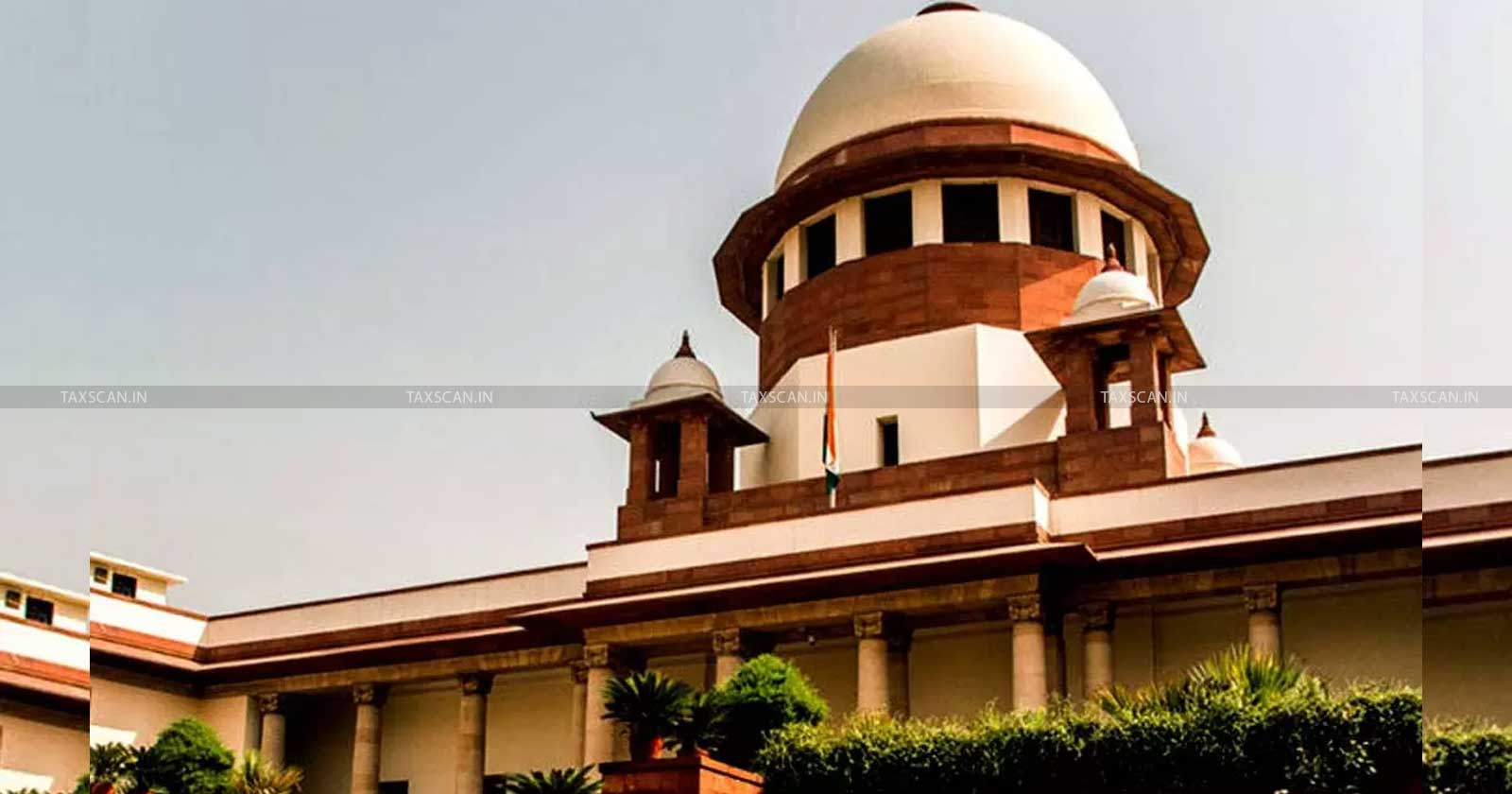Court is Powerless to Modify Award, can only Set Aside Partially or Wholly Award Passed u/s 34 of Arbitration and Conciliation Act: SC [Read Judgement]

Supreme Court – Court – Court is Powerless to Modify Award – SC – taxscan
Supreme Court – Court – Court is Powerless to Modify Award – SC – taxscan
In a recent decision the Supreme Court of India has ruled that the Court is powerless to modify award, can only set aside partially or wholly award passed under Section 34 of the Arbitration and Conciliation Act, 1996.
Aggrieved by the impugned judgment of the Allahabad High Court, the appellant, M/s. Larsen Air Conditioning and Refrigeration Company, has approached the Supreme Court with the question of law, as to whether the High Court erred in modifying the arbitral award to the extent of reducing the interest, from compound interest of 18% to 9% simple interest per annum.
The dispute between the appellant and Union of India (‘respondent-state’) arose from a contract entered into pursuant to being awarded the tender. In the course of work, certain disputes arose. The Tribunal published its award and directing the first four respondents to pay 18% pendente lite and future compound interest on the award.
The respondent-state challenged the award under Section 34 of the Arbitration and Conciliation Act, 1996. The District Court, dismissed the challenge and the High Court proceeded to reduce the rate of interest from 18% (as ordered by the arbitrator), to 9% per annum. The remaining amount was directed to be deposited by the appellants as expeditiously as possible, with the interest accrued, not later than 12 weeks from the date of the judgment.
Neeraj Singh, counsel who appeared on behalf of the appellant, submitted that their claim was in fact for 24% pendente lite interest, and the arbitrator had already reduced it to the 18% granted. Pointing to pre-amended Section 31(7)(b) of the Arbitration and Conciliation Act,1996, it was contended that the High Court erred in reducing the ‘statutory interest rate’; this provision prescribed that in the event the Arbitrator did not give any specific directions as regards rate of interest on amount awarded, such amount ‘shall’ carry interest of 18% per annum.
Vikramjit Banerjee, Additional Solicitor General (ASG), who appeared won behalf of the Respondent-state, argued that the impugned judgment had taken a holistic view of the matter, and rightfully reduced the interest from 18% compound interest to 9% simple interest, in addition to disallowing Claim No. 6 of ₹3,00,000 awarded by the arbitrator for non-issuance of tender.
A Two-Judge Bench of Justices S Ravindra Bhatt and Dipankar Datta observed that “The limited and extremely circumscribed jurisdiction of the court under Section 34 of the Arbitration and Conciliation Act,1996, permits the court to interfere with an award, sans the grounds of patent illegality, i.e., that “illegality must go to the root of the matter and cannot be of a trivial nature”; and that the tribunal “must decide in accordance with the terms of the contract, but if an arbitrator construes a term of the contract in a reasonable manner, it will not mean that the award can be set aside on this ground.”
“In appeal, Section 37 of the Arbitration and Conciliation Act,1996 grants narrower scope to the appellate court to review the findings in an award, if it has been upheld, or substantially upheld under Section 34. It is important to notice that the old Act contained a provision14 which enabled the court to modify an award. However, that power has been consciously omitted by Parliament, while enacting the Act of 1996. This means that the Parliamentary intent was to exclude power to modify an award, in any manner, to the court” the Bench added.
To Read the full text of the Order CLICK HERE
Support our journalism by subscribing to Taxscan premium. Follow us on Telegram for quick updates


